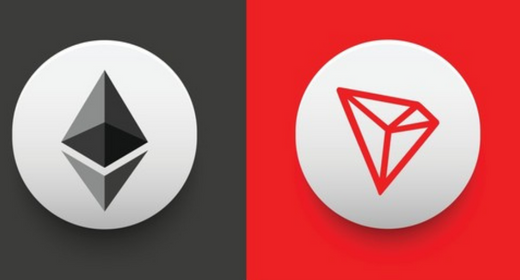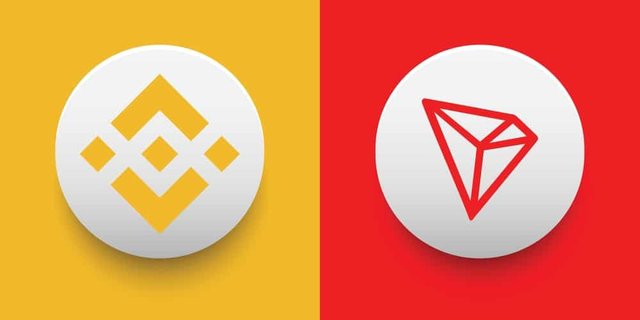Smart contracts are self-executing digital agreements that are designed to enforce the terms of a contract. They are becoming increasingly popular in the blockchain space, as they enable trustless transactions between parties without the need for intermediaries. Among the leading blockchain platforms that support smart contracts, Tron (TRX) is gaining attention as a viable alternative to other blockchain platforms. In this article, we will compare smart contracts on Tron/TRX to other leading blockchain platforms.

Tron/TRX
Tron is a blockchain-based operating system that allows developers to build decentralized applications (dApps) and execute smart contracts. The platform is designed to be scalable, fast, and secure. Tron's native token, TRX, is used to power the network and execute smart contracts. Tron uses a delegated proof of stake (DPoS) consensus mechanism, which means that block producers are elected by token holders. This mechanism ensures fast transaction times and low transaction fees.
Tron is particularly well-suited for gaming and entertainment dApps, as it offers high throughput and low latency. Some popular Tron dApps include TronBet, a decentralized casino, and BitGuild, a blockchain-based gaming platform.


Ethereum
Ethereum is the second-largest blockchain platform by market cap, after Bitcoin. It is a decentralized platform that enables developers to build and execute smart contracts. Ethereum's native token, Ether (ETH), is used to pay for transaction fees and incentivize miners to secure the network.
Ethereum is considered the leading platform for building decentralized finance (DeFi) dApps. Some popular Ethereum dApps include Uniswap, a decentralized exchange, and Compound, a lending and borrowing platform.
Compared to Tron, Ethereum has higher transaction fees and slower transaction times. Ethereum is also currently undergoing a transition from a proof of work (PoW) consensus mechanism to a proof of stake (PoS) mechanism, which could lead to more scalability and lower transaction fees in the future.

Binance Smart Chain
Binance Smart Chain (BSC) is a blockchain platform that runs in parallel with the Binance Chain. BSC is designed to be EVM-compatible, which means that it can execute smart contracts written in Solidity, the same programming language used by Ethereum.
BSC's native token, Binance Coin (BNB), is used to pay for transaction fees and incentivize validators to secure the network. BSC uses a modified version of the PoS consensus mechanism, which allows for fast transaction times and low transaction fees.
BSC is particularly well-suited for DeFi dApps that require high throughput and low transaction fees. Some popular BSC dApps include PancakeSwap, a decentralized exchange, and Venus, a lending and borrowing platform.
Compared to Tron, BSC has higher transaction fees but faster transaction times. BSC is also more centralized than Tron, as the validators that secure the network are controlled by Binance.

Conclusion
Tron, Ethereum, and Binance Smart Chain are all leading blockchain platforms that support smart contracts. Tron is particularly well-suited for gaming and entertainment dApps, while Ethereum is the leading platform for building DeFi dApps. Binance Smart Chain is a more centralized alternative to Ethereum that offers fast transaction times and low transaction fees.
When choosing a blockchain platform for building smart contracts, developers should consider the specific needs of their dApp. If scalability and low latency are important, Tron may be the best option. If building a DeFi dApp, Ethereum may be the better choice. If high throughput and low transaction fees are the priority, Binance Smart Chain may be the most suitable platform.
